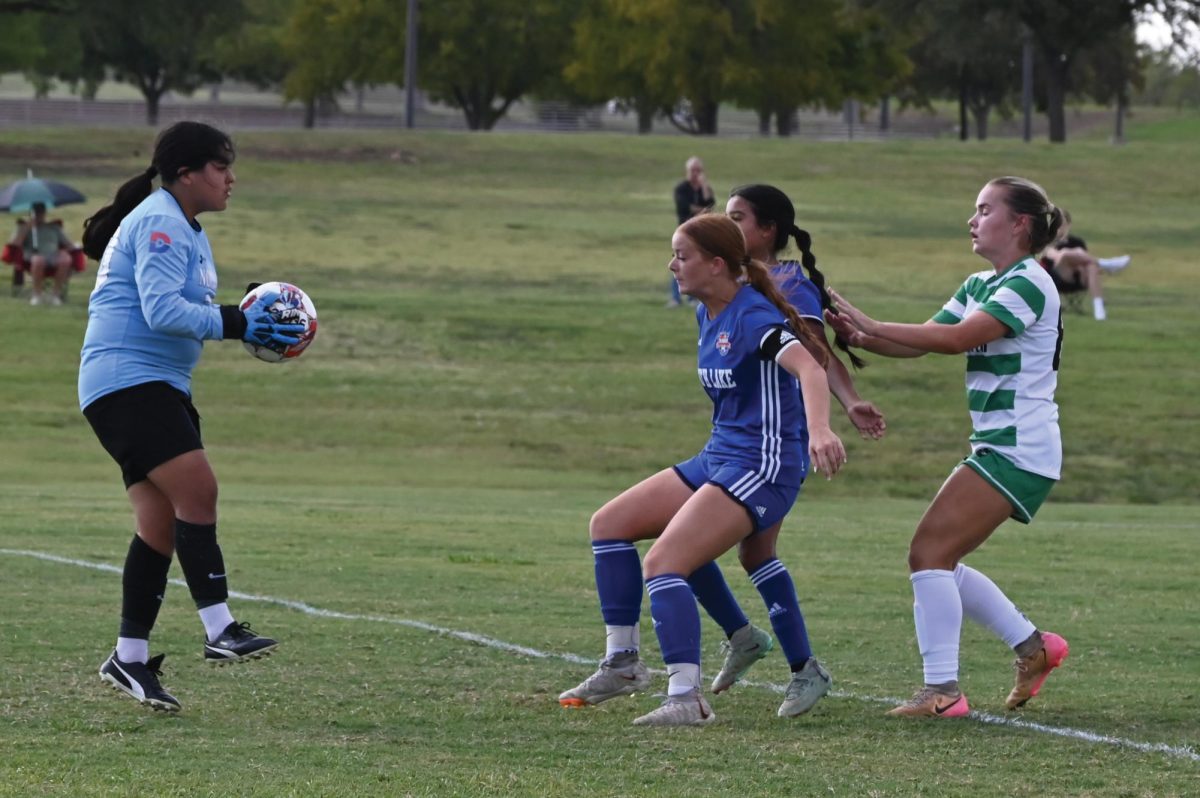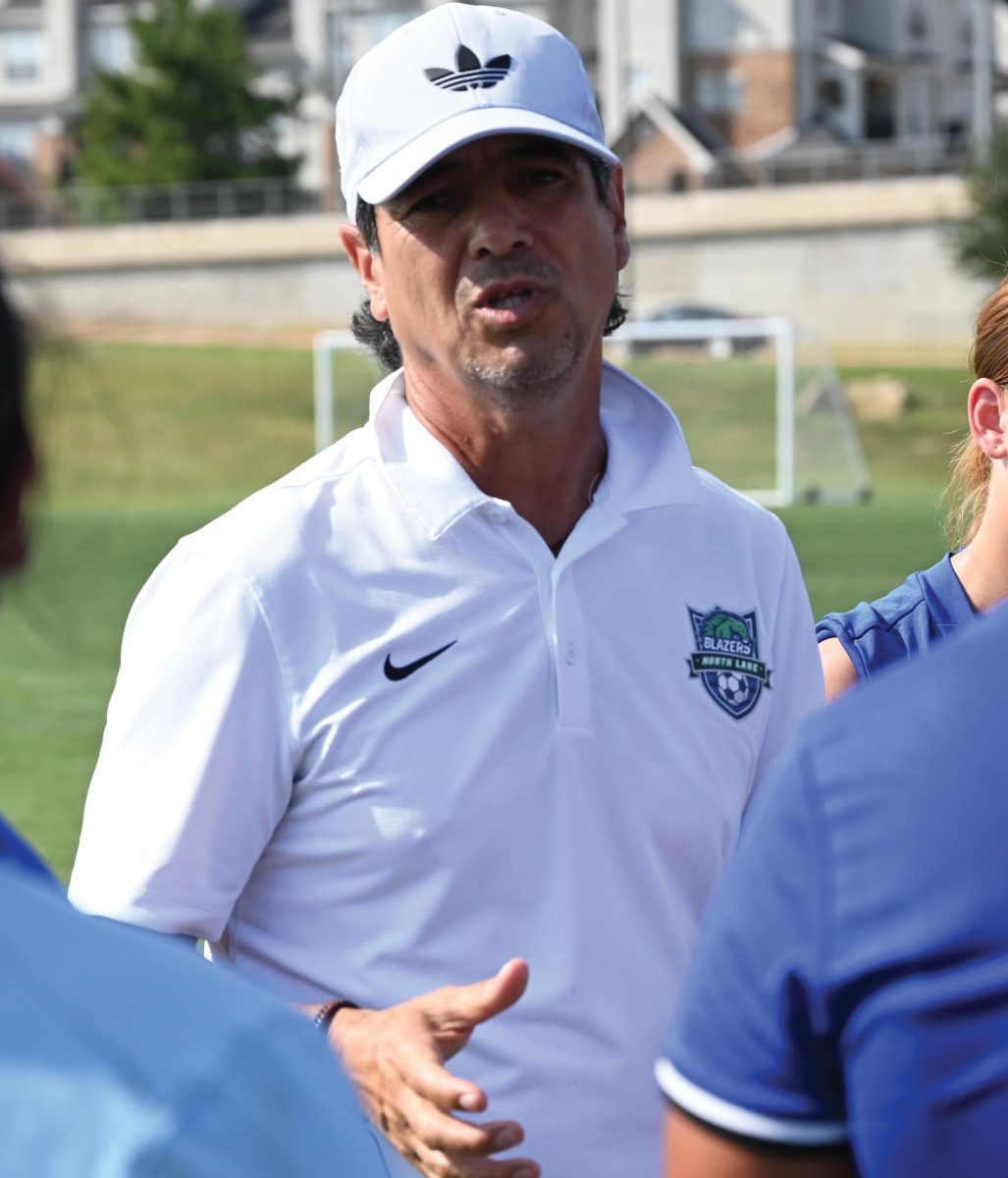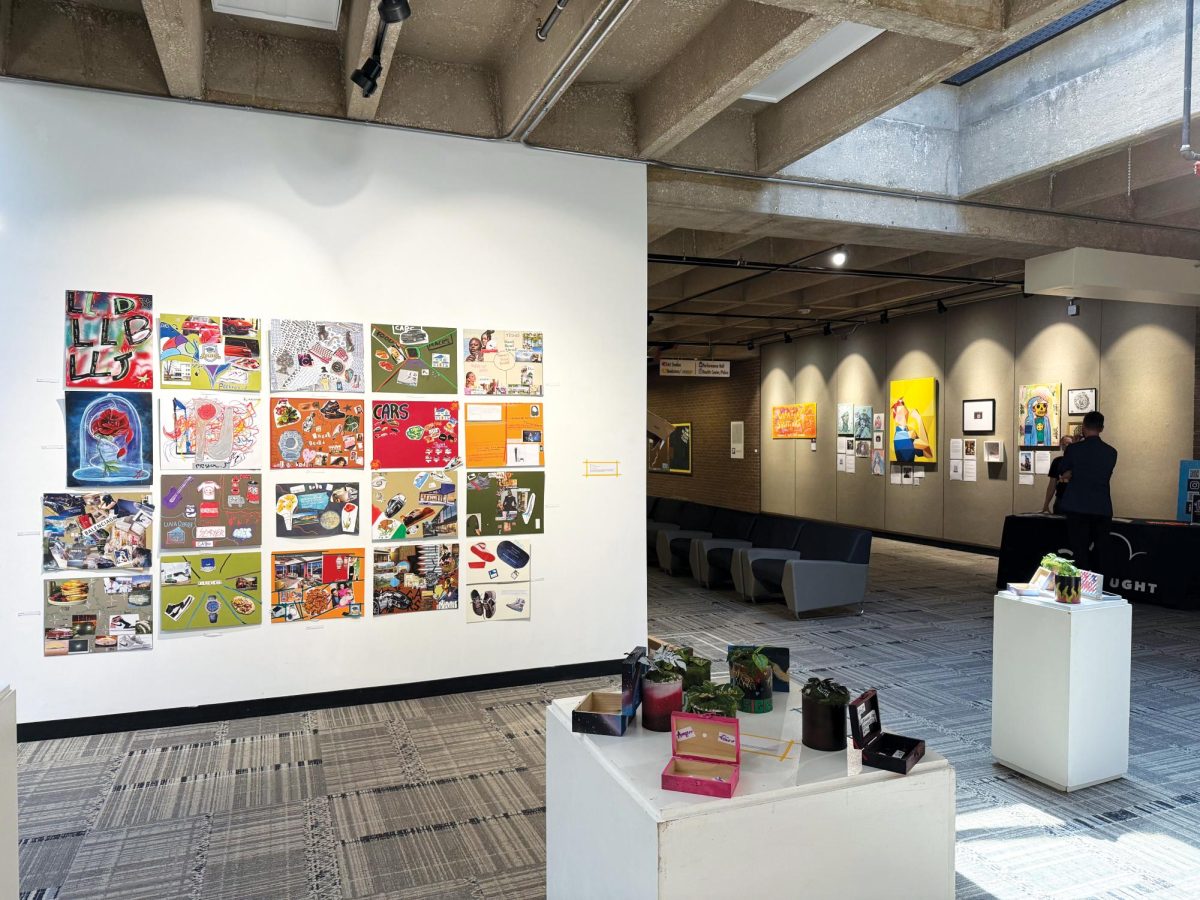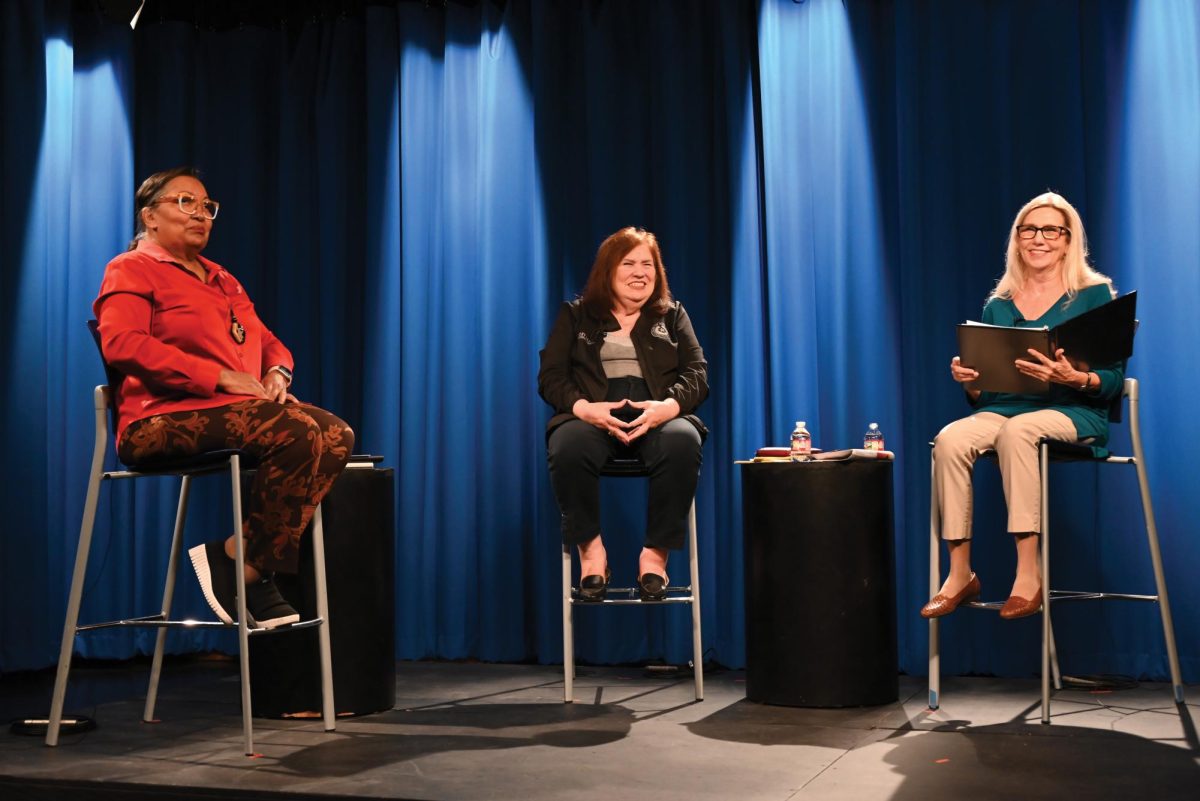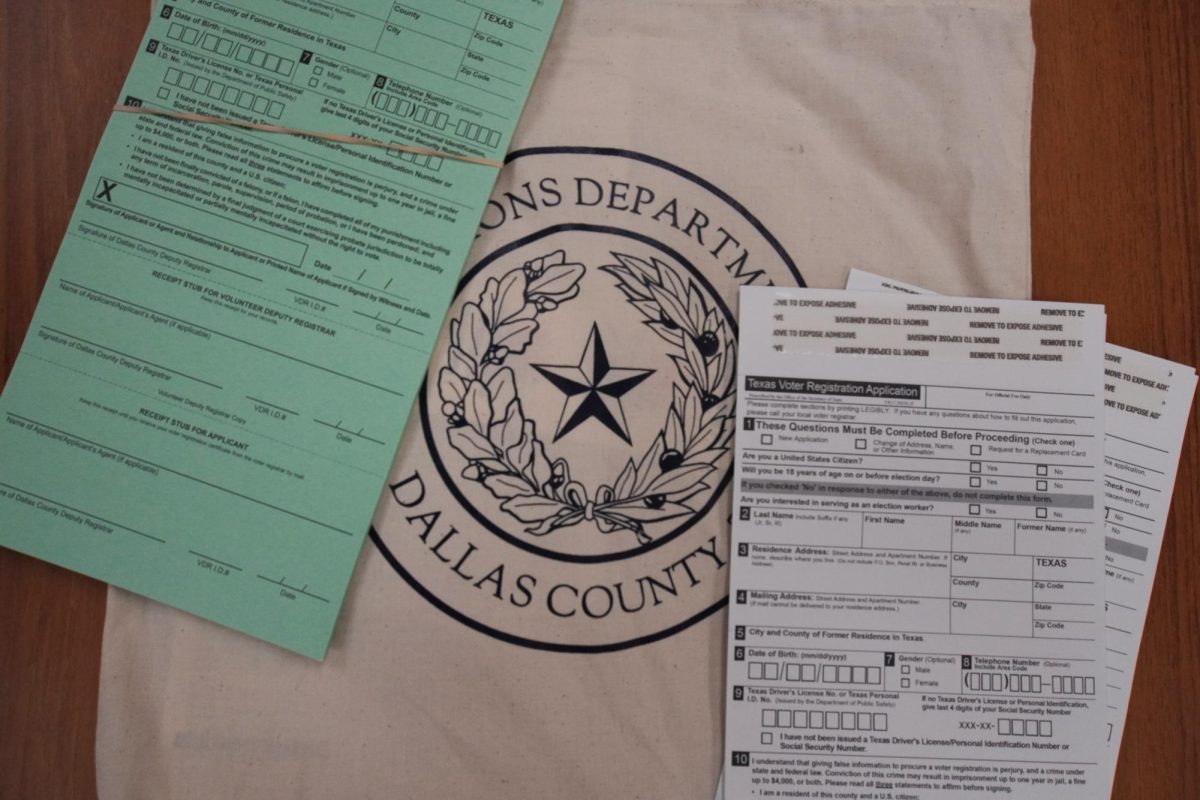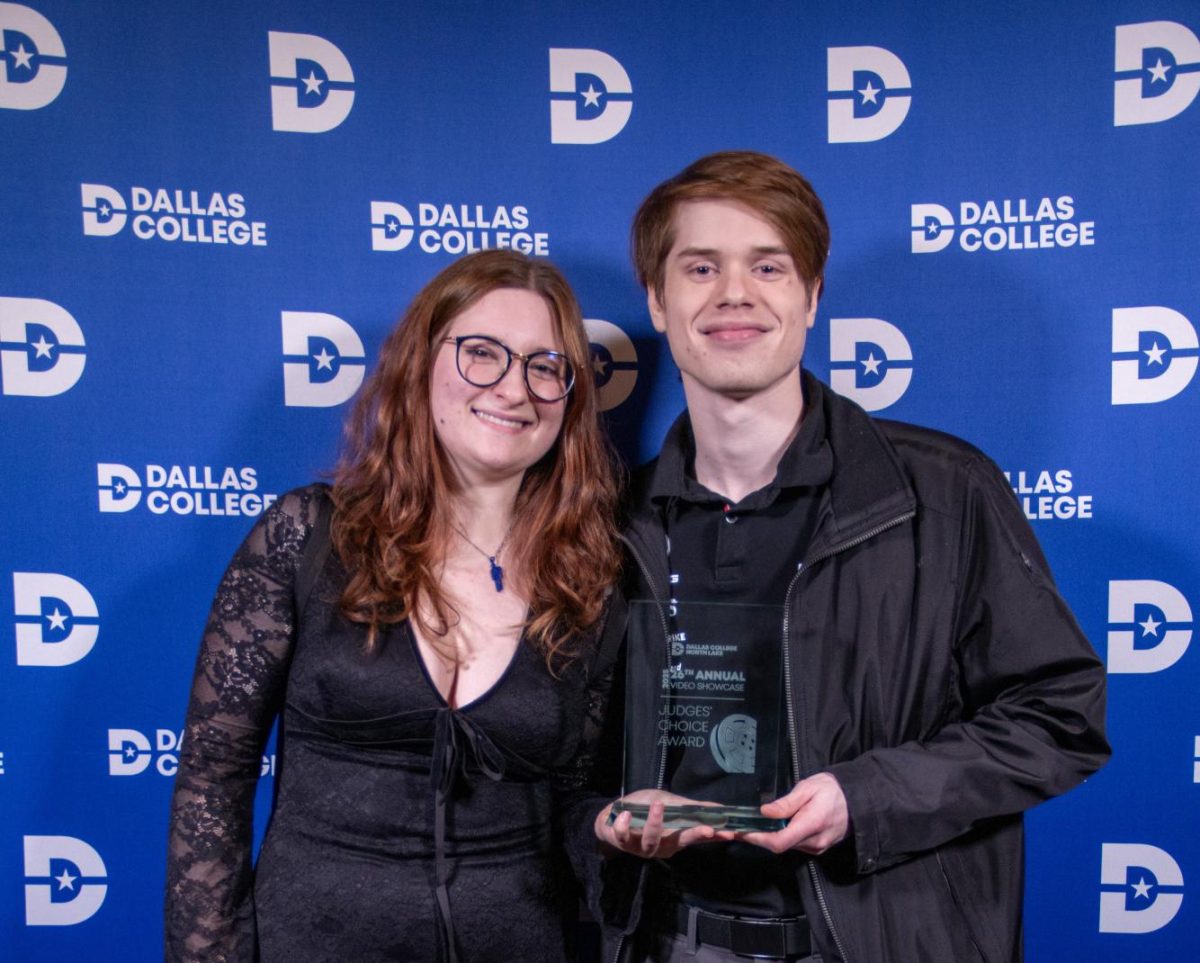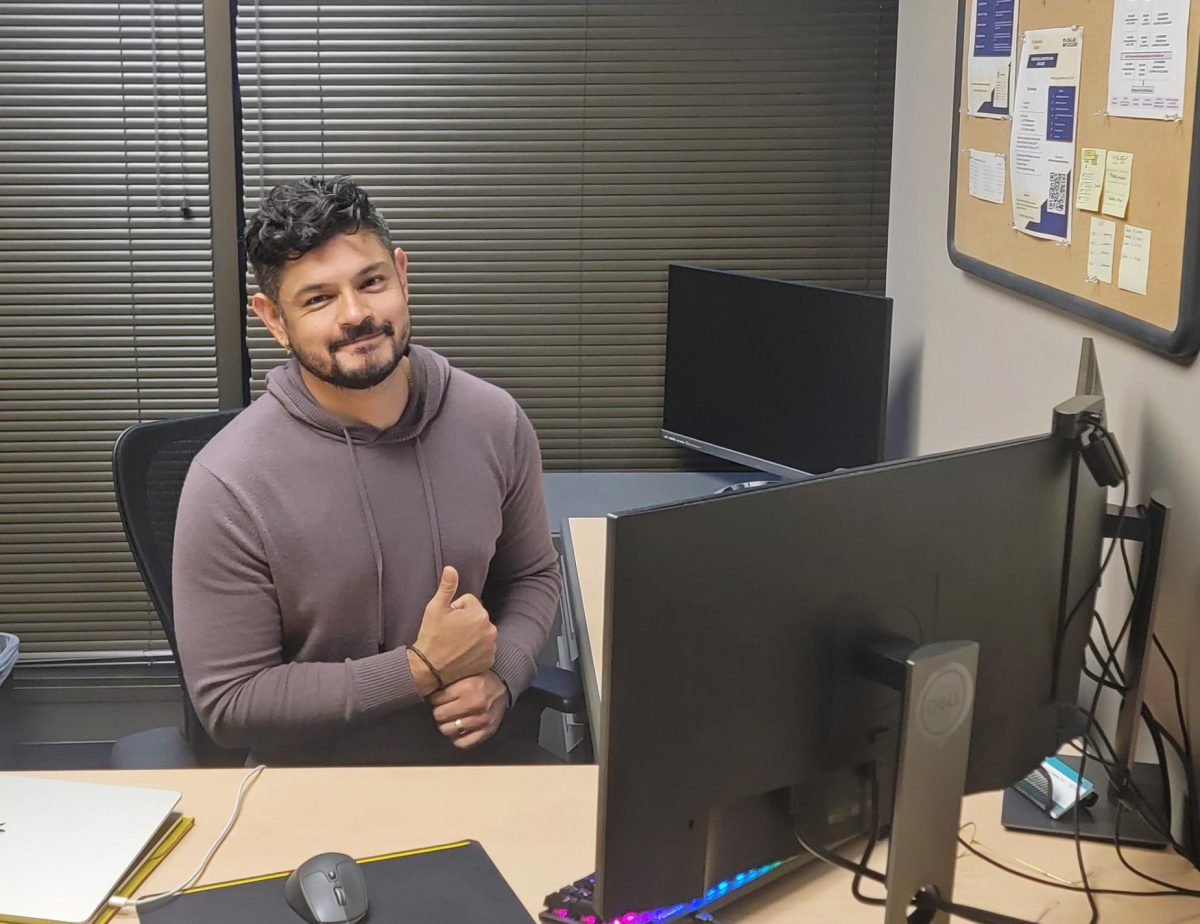Education is an evolving ecosystem that provides immigrants knowledge, skills and the opportunity for cultural exchange.
People worldwide migrate to the U.S. for fulfillment; some as students and others as workers. Juan Chilito, a Designated School Officer (DSO) at North Lake is originally from Colombia. He moved to the U.S. six years ago as a language instructor.
Chilito’s career path to becoming a DSO was shaped by a passion for language, cultures and 15-years-experience as a professor.
“I taught English as a second language for 15 years. I completed my first master’s degree in linguistics in Colombia. I taught their courses such as general linguistics, semantics, discourse analysis and morphosyntax,” Chilito said.
After moving to the United States, Chilito worked as a language instructor focusing on academic writing courses.
“In that school, I proposed some changes for the syllabi and the curricula as well, and I became, eventually, the school’s academic director since we were helping F1 (visa) students, then I also became a DSO,” said Chilito.
Chilito has been a DSO for five years, including three years at North Lake Dallas College.
It’s a position he embraces with passion and enthusiasm.
“I’m not teaching anymore because I’ve been a DSO for five years now. I miss teaching a lot, but I also find it very interesting to be a DSO helping students in different ways. Because, you know, it’s very sensitive when it comes to immigration status, protecting their I-20 status, so it’s a big responsibility, but I truly enjoy it,” he said.
The DSO’s role involves monitoring and evaluating students’ progress in the U.S. and ensuring the student is in good standing to avoid possible termination.
“When students come to the U.S., they have an agreement between the U.S. government and the student and the agreement is that you get the F1 status, but you have certain conditions to fulfill, right? So, the DSO is the Designated School Officer in charge of overseeing those regulations that they are really being followed,” said Chilito.
The DSO’s responsibility also includes “a lot of different services related to I-20 status, for example, Optional Practical Training (OPT), Curricular Practical Training (CPTs), medical, reduced course load, change of education level. We must be careful with the financial documents as well. It’s a lot of responsibility because, in other words, our student’s status is in our hands, so if we make a mistake as a DSO the student could be terminated and that means going back home.”
According to Chilito, North Lake welcomes 70% to 80 % of the international students at all the Dallas College campuses each year.
He has grown to love the dynamic, fast-paced nature of his work and appreciates the continuous learning opportunities that come with managing a large volume of international students. He enjoys personal interaction.
“The beginning was difficult, but in time you get used to that. Now, I love the craziness. It’s like, I’m always busy here, but it’s fun. We learn a lot,” Chilito said.
Chilito’s multilingual ability bridges cultural gaps and fosters a welcoming, supportive environment.
“I speak English, French, Portuguese, Spanish. Sometimes, students come here and I notice that they speak a language that I speak and, if they struggle with English, then I just switch,” Chilito said.
International students are restricted from working off-campus and most don’t have health insurance. DSOs support students by recommending on-campus job opportunities whenever available.
When on-campus jobs are unavailable, students are guided through other options, such as applying for Economic hardship through the U.S. Citizenship and Immigration Services (USCIS), a complex but sometimes necessary path.
International students pursuing an associate degree are required to maintain a minimum of 12 credit hours. If those hours are not maintained, a student can be dropped and face termination. That was the case of a student who was misplaced in a class and ended up with nine credits.
“The student was going to be terminated because of that. After a lot of discussions and conversations, I know the day was critical. So, teachers and the department chair they agreed on having the student back in a different course until the student had, like, a lot of different things to complete. But the student was able to do that; the student was committed. At the end, the student was back to 12 credits. So, we saved the student from termination,” Chilito said.
Chilito says the rewarding part of being a DSO is building rapport and interacting with students.
“Paperwork, admin stuff, and office work it is horrible. I don’t like it, but just having the students, talking to them and creating rapport with them is beautiful,” he said.
While it’s essential to follow laws and policies, understanding where students are coming from can make a bigger impact. He says being empathetic is an important part of the job.
“I’ve noticed that the DSOs sometimes they forget they are dealing with people. We’re not dealing with machines or laptops or computers. So, if we are empathetic, if we understand others, I think we can succeed a lot as DSOs,” Chilito said.
Although homesickness may cause international students to give up, Chilito says watching students graduate and move on to university is incredibly rewarding, as it reflects their resilience and determination to achieve their goals.
“My advice to F1 students is just to continue being strong. It’s difficult. We’re going to have ups and downs, but that’s part of the process,” he said.


